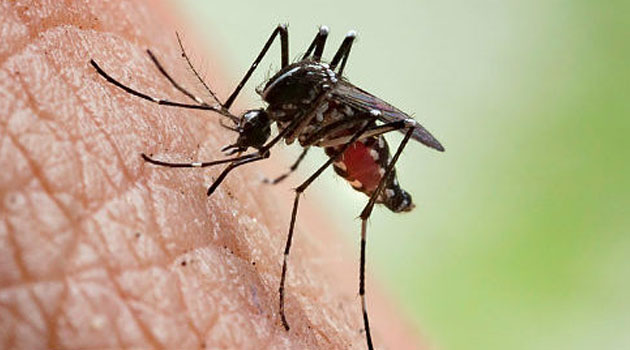
China Daily » Capital News
BEIJING, China, May 18 — Health authorities have recently sounded the alarm about the domestic spread of dengue amid a surge of the potentially fatal, mosquito-borne viral illness in Latin America and an early infection cluster in the southern province of Guangdong.
As of May 9, the provincial capital Guangzhou had reported three local dengue cases, with those infected living in residential complexes within 200 meters of each other, the disease control and prevention center in the city said on Sunday.
An epidemiological investigation shows that the cluster was triggered by an infection from outside the city. All three patients are of middle to elderly age, exhibited only mild symptoms and are in recovery.
Qin Pengzhe, deputy director of Guangzhou’s center for disease control and prevention, told local media that the emergence of the infection cluster was the earliest in recent years, and aligns with the global situation that is seeing an early onset and an early peak this year.
“As a result, we are dealing with a severe disease control situation,” he said. “The increasing passenger volume on international flights has added pressure on preventing imported cases. The early onset of summer in Guangzhou with abundant rainfall could also create a favorable environment for mosquito breeding.”
Peak season
Dengue is spread through infected Aedes mosquitoes. August and September are the peak months in most regions of China, but the provinces of Hainan, Guangdong and Yunnan and the Guangxi Zhuang autonomous region experience an extended peak from May to November, according to the Chinese Center for Disease Control and Prevention.
“As the weather is turning warm and rainfall is increasing, China will gradually enter the peak season,” it said late last month.
Liang Xiaofeng, president of the Chinese Pest Control Association, told China Central Television that dengue infections have been rising rapidly in some countries in Latin America and South Asia since the beginning of this year.
“With the changing climate, Aedes mosquitoes will fly north. So this year’s dengue control work (in China) should start early and encompass wider regions,” he said.
The World Health Organization reported last week that there were nearly 6.8 million suspected dengue cases in the Americas this year, three times the number in the same period of last year.
Qin said that the most common symptom of dengue is high fever lasting three to seven days. Other symptoms include headaches, pain around the eyes or bone and joints, as well as rashes on the face or body. Severe patients could experience shock and even die.
Public health experts said it is important to dump stagnant water, change water in household plants regularly and clear outdoor debris promptly to prevent accumulation of rainwater.
